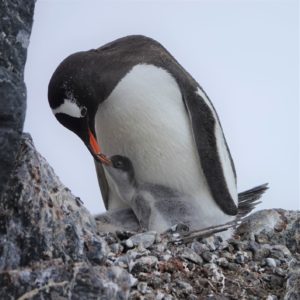New Year, Turn the Page
People have lot to say about 2020. Some miraculously spot on; others wildly off target. The best will require barrel time to mellow into vintage nonfiction and fiction. After a year of reading more novels than usual, I’ve gained a lot more respect for fiction as a means of telling the truth. Good novelists are translators—they hear our telegraphic off-the-cuff shouts and murmurs and convert them into the more nuanced pain and joy of characters caught in a story that loops us back and forth from their world to ours. No matter how alien the landscape, the best fictional worlds are a cleverly distorted mirror. We see ourselves in their words—our own fears, furies, worries, kindnesses and courage.
I just finished Penelope Lively’s How it all Began (published in 2011). I’ve read a couple of her books before. She’s very good at playing with coincidence, with the roads not taken, with alternate lives, what might have been, all within a story of basically normal middle class, contemporary people. She buries tiny, jewel-like asides about the human condition in the middle of a paragraph detailing a suburban husband’s Saturday DIY chores or an immigrant’s struggle to become literate in English. Her characters take walks in city parks, go to the grocery store, wait in the doctor’s office, have affairs, worry about money, and tell jokes. They do all those recognizable nonthreatening things, but underneath, as we all know about ourselves, there’s another world, another life that they, and we, are living. Her characters swing back and forth between wishing they were living different lives and loving the ones they have.
There’s a solidity, a forgivingness, a deep humanity to Lively’s novels. Her characters are unpretentious, moving in quieter times than ours today, but requiring kindness and courage nonetheless.
Nowadays, I’d say it’s not a bad idea to dip into her world from time to time. May it be ours too, sometime.

Hope springs eternal; time to turn the page.